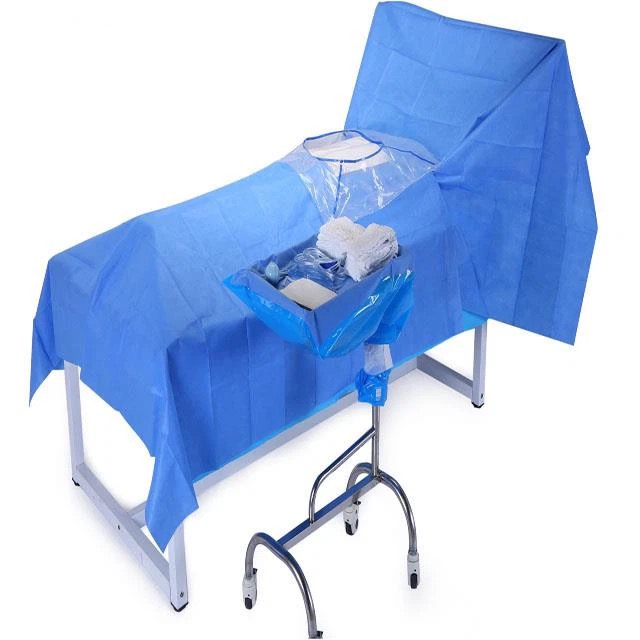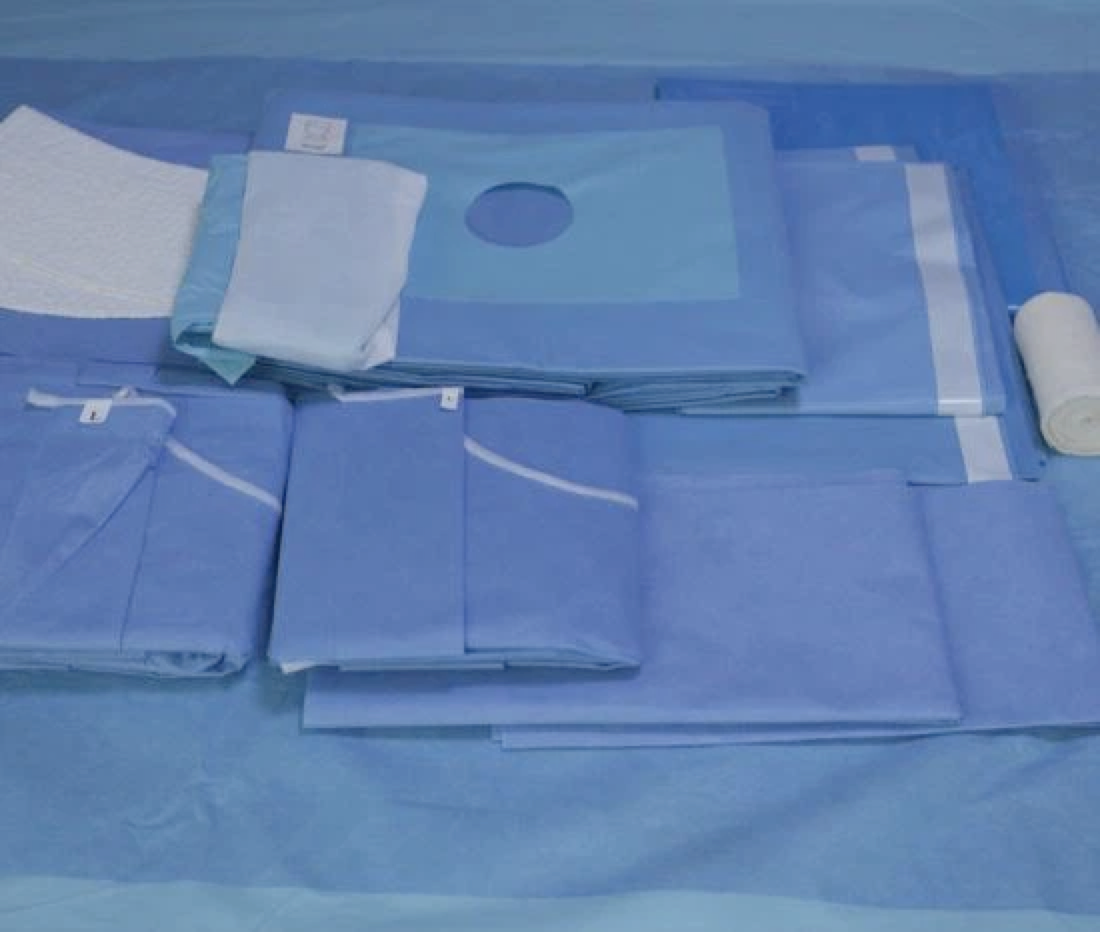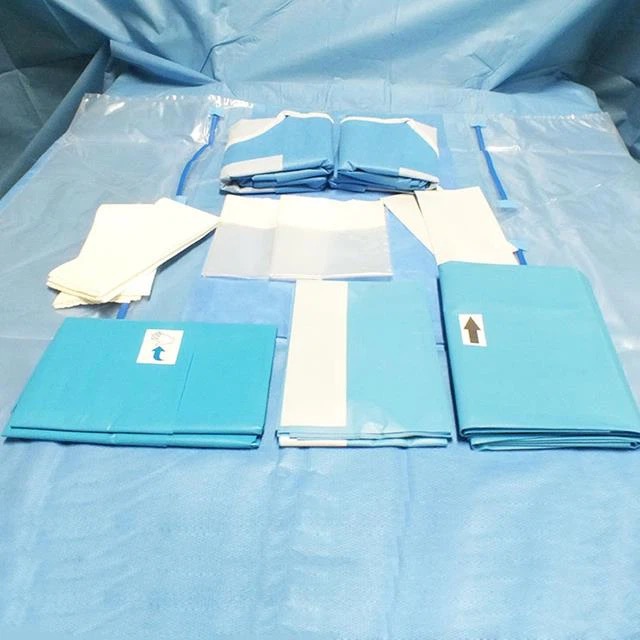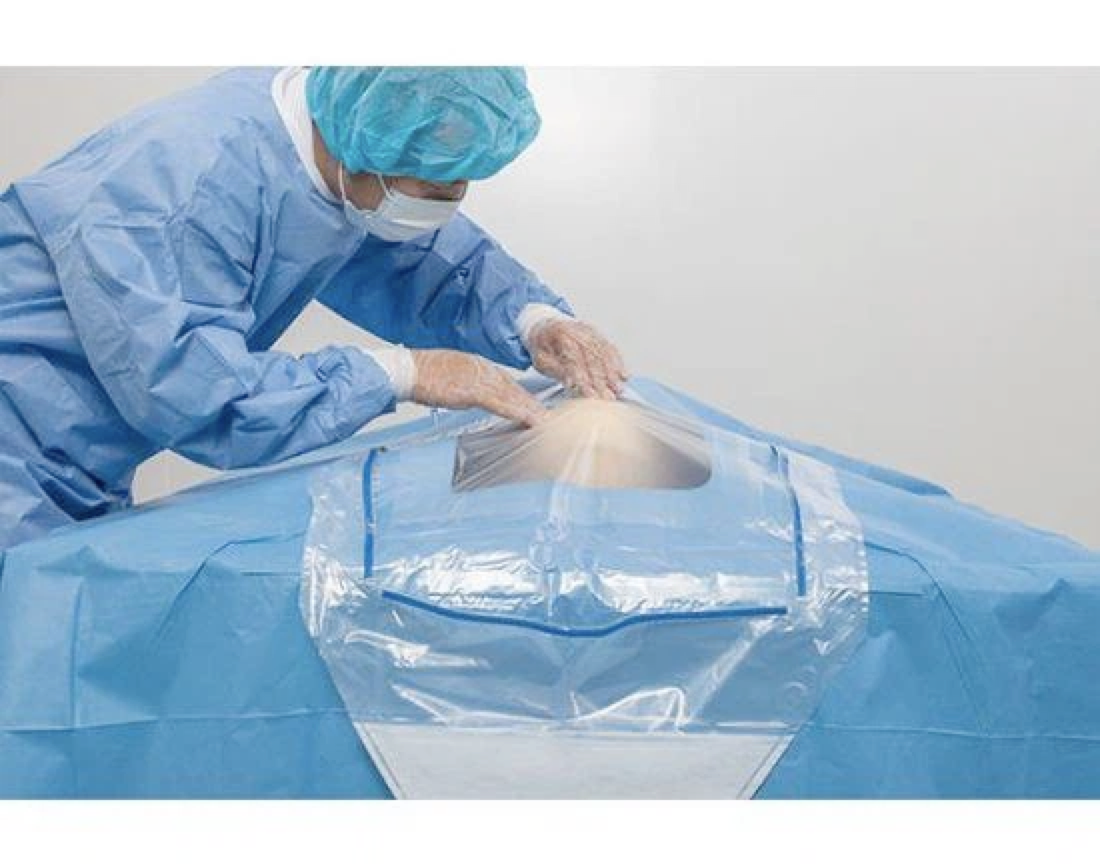For the 19th World Blood Donor Day, this year's theme is "Blood Donation is an act of solidarity. Join us to save lives".
According to the "Health Examination Requirements for Blood Donors" issued in 2012, before donating blood, staff should obtain the informed consent of the donor and conduct the necessary health consultation, general examination and blood testing.
During the blood donation process, staff will disinfect the donor's inner elbow with an antiseptic and then insert a sterile needle into his or her vein.
WHO suggests that after donating blood, things you need to be aware of include.
-- Rest for 10 or 15 minutes and you can return to your normal activities.
-- but avoid heavy work that day.
-- Drink plenty of water or other beverages for the next 24 hours.
There are various ways to donate blood. One of the most common is a whole blood donation, in which all components of the blood are donated at once. Donors can give 400 ml, 300 ml or 200 ml of whole blood at a time.
The second type is component donation, which is the donation of one (or several) blood components. In China, platelet donation is the main type of donation. Donors can donate 10 to 20 units (about 250-500 ml) at a time.





